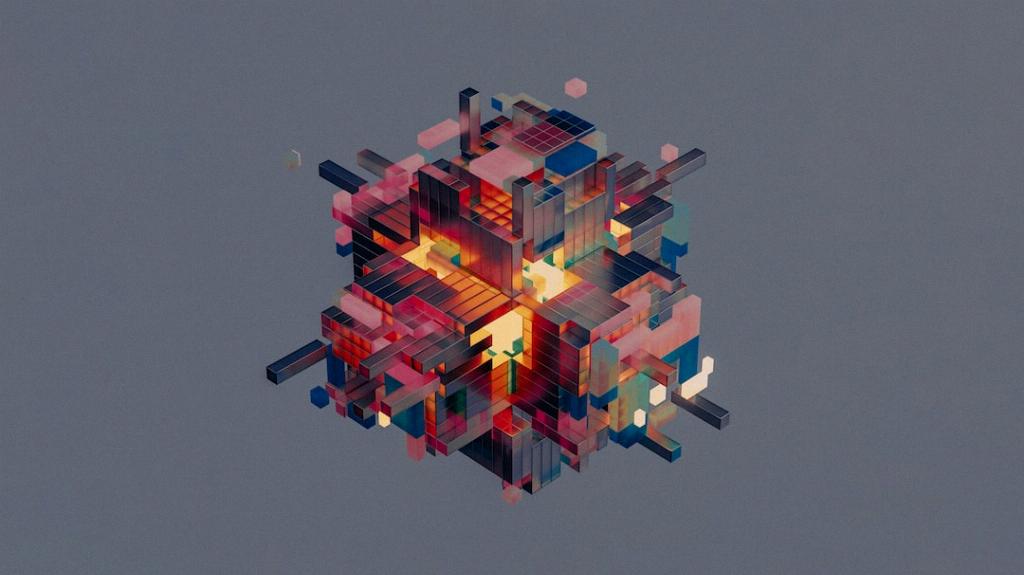When delving into the question of why Notch decided to sell Minecraft, it is crucial to comprehend the emotional journey and underlying reasons that led to this groundbreaking decision. Notch’s creation of Minecraft was an unprecedented success, catapulting him into the realm of gaming legends. However, with great success often comes great pressure and responsibility.
As Minecraft evolved into a global phenomenon, the intricacies of managing such a colossal project took a toll on Notch. The overwhelming workload and incessant attention to detail gradually wore him down, leading to feelings of frustration and burnout. The initial joy of creating a game that resonated with millions of players was overshadowed by the immense pressure to continuously deliver and meet the ever-growing expectations of the community.
Moreover, as Minecraft transcended its indie roots and transformed into a lucrative business venture, the dynamic shifted for Notch. The once-passionate developer found himself entangled in the complexities of corporate dealings and financial negotiations. The sale of Minecraft to Microsoft marked a pivotal moment where the essence of creative freedom clashed with the demands of corporate ownership.
Notch’s decision to sell Minecraft was not solely a strategic business move but a profound personal choice. The burden of managing a global phenomenon had become too burdensome for the indie developer at heart. He yearned for the simplicity and autonomy that defined his early days in the gaming industry, where creativity reigned supreme, unhinged by corporate constraints.
It is essential to acknowledge that Notch’s motivations went beyond monetary gains or industry acclaim. The urge to reclaim his creative independence and rediscover the joy of game development fueled his decision to part ways with Minecraft. The sale to Microsoft was not merely a financial transaction but a symbolic act of liberation for Notch, allowing him to pursue new ventures and explore fresh avenues of creativity.
The emotional toll of managing Minecraft’s meteoric rise cannot be understated. Notch found himself at a crossroads, torn between the demands of a globally beloved franchise and the pursuit of personal fulfillment. The sale of Minecraft was a bittersweet conclusion to a chapter marked by both triumph and tribulation, signifying the end of an era and the dawn of a new beginning for its creator.
In retrospect, Notch’s decision to sell Minecraft encapsulates a profound narrative of ambition, success, and self-discovery. It serves as a poignant reminder that even the most extraordinary achievements can come at a cost, prompting us to reflect on the sacrifices and compromises inherent in the pursuit of greatness. Notch’s journey with Minecraft embodies the complexities of creative vision and commercial reality, illustrating the eternal struggle between artistry and commerce.
As we unravel the layers of Notch’s motivations, we gain insight into the intricate interplay of passion and pragmatism that shaped his decision-making process. The sale of Minecraft to Microsoft was not a surrender to the constraints of corporate ownership but a bold assertion of autonomy and creative agency. It represented a pivotal moment in Notch’s career, where he chose to prioritize personal fulfillment over financial success.
Ultimately, the question of why Notch sold Minecraft transcends mere business strategy or financial gain. It delves into the deeper recesses of human experience, exploring themes of identity, purpose, and the pursuit of happiness. Notch’s journey serves as a testament to the enduring power of creativity and the transformative potential of self-discovery.
In conclusion, the decision to sell Minecraft was a multifaceted and deeply personal choice for Notch, driven by a desire to reclaim his creative independence and rediscover the joy of game development. It marked the end of an era and the beginning of a new chapter in Notch’s illustrious career, one defined by autonomy, innovation, and the relentless pursuit of artistic vision.

